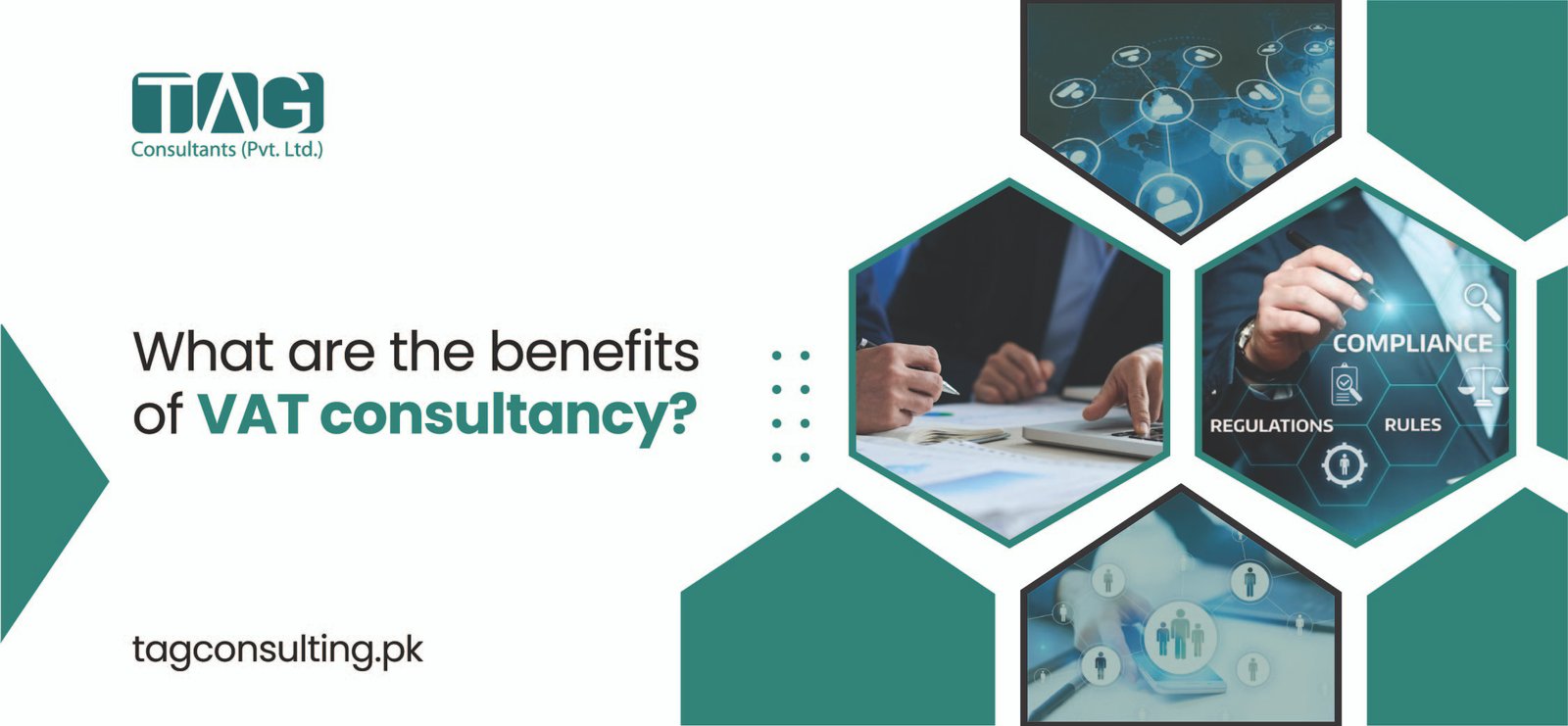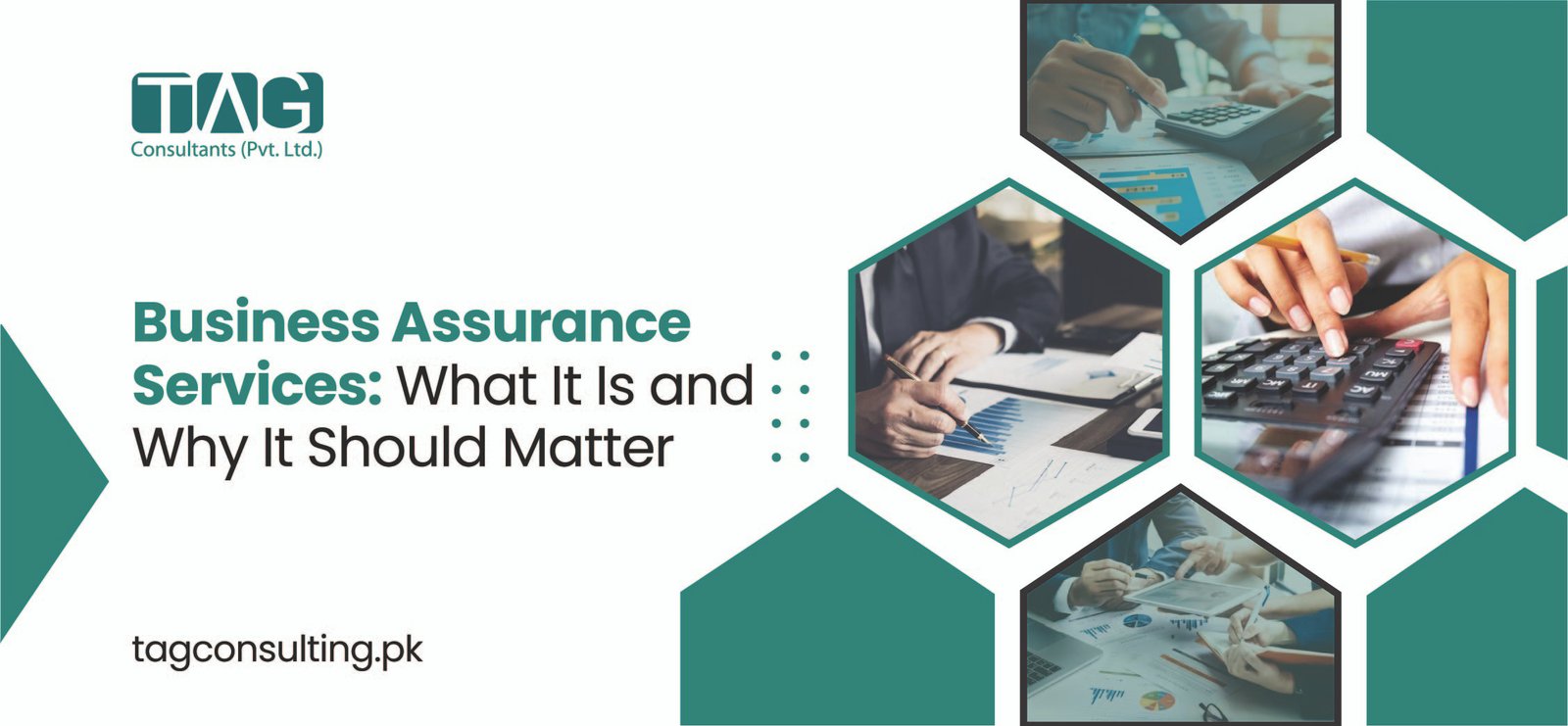Blog

Why VAT Audits are Necessary for Businesses Financial Health
Value-added tax, or VAT, is an essential component of any company’s procedure, particularly for those who sell products and services. Companies have to make sure they stay in compliance with ever changing tax laws, even if paying and collecting VAT seems simple. A VAT audit is relevant in this situation. Learning VAT audits for business finances and the resulting report is essential to maintain legal compliance and protect your financial security.
We’ll go over the specifics of VAT audits for business finances, their significance, and how companies can successfully handle them to guarantee smooth accounting processes in this blog.
What Is a VAT Audit Report?
After a thorough examination of a company’s VAT records, transactions, and compliance with VAT regulations, an official document known as a VAT audit report is prepared. The goal of the study is to find out if the company is being honest about its value-added tax (VAT) reporting, including how much VAT it has paid out and how much it has received from customers.
Tax authorities can make sure that companies are neither under nor over reporting their VAT liabilities through the audit procedure. Additionally, it guarantees that companies are following the rules and laws of local VAT.
To stay out of trouble with the law, be transparent with their finances, and avoid fines, businesses need to have a VAT audit report. Companies can fix errors, simplify processes, and reduce the chances of regular mistakes by examining audit results.
When Do Companies Conduct VAT Audits?
A few important situations occur in which companies could do VAT audits:
Self-Initiated Audits
For the purpose of checking compliance, finding inconsistencies, and getting ready for possible external audits, businesses can do an internal VAT audit. To reduce the chance of fraud or mistakes, this is a preventative measure.
Tax Authority Request
When tax authorities notice irregularities in a company’s VAT reports, they have the right to ask for an audit. Warning signs that need an audit include unusual activity found during regular tests, large gaps between sales and purchase VAT, or inconsistent returns.
Periodic Audits
Businesses must comply with regulations in many countries by undergoing regular VAT audits. The tax authority could set a different frequency for these audits, but they are typically carried out once every two years.
During Company Transactions or Changes
A VAT audit could be required to verify that a company’s new structure complies with all applicable tax rules and regulations after a merger, acquisition, or restructuring.
Companies can better prepare for VAT audits, avoid surprises, and make the process go more smoothly if they know when and why they happen.
How Many Types of VAT Audits Are There?
Typically, three primary forms of VAT audits are:
Desk Audits
These VAT audits for business finances are the most typical because they are not too detailed. During a desk audit, tax officials will remotely review your business’s VAT returns, invoices, and any other relevant paperwork. If there are any discrepancies or irregularities found, the authorities will look into these records.
Field Audits
Inspectors from the tax department will visit your company’s physical location and review all of your financial documents, including invoices, receipts, and records, in a more comprehensive field audit. This type of audit usually involves more in-depth analysis and can be somewhat laborious for the company and the auditors.
Electronic Audits
Now that technology has advanced, some tax authorities choose to audit taxpayers electronically. Accounting software, internet sales platforms, and any other digital data related to your business will be examined as part of these audits. Businesses are typically asked to provide their VAT data electronically so that this type of audit can be easier.
A company can better prepare for a VAT audit if they are aware of the variations between different types of audits and the degree of attention and complexity associated with each.
What Does a VAT Audit Report Include?
The following are the usual components of a VAT audit report:
- Summary of Findings: This part gives an overview of the audit’s goals and decides if the company has followed VAT rules. As found during the audit, it draws attention to any inconsistencies or problems.
- Assessment of VAT Returns: The VAT returns filed by the company will be examined in the report, with the goal of finding differences between the stated and actual financial facts.
- Analysis of VAT Liabilities and Credits: The report will also check that the company has charged customers the right amount of VAT and claimed the right amount of VAT deductions to make sure that their VAT liabilities and credits are correct.
- Review of Supporting Documentation: To verify that the VAT computations and filings are according to real transactions, the auditors will review supplementary paperwork such as invoices, contracts, purchase orders, and bank statements.
- Recommendations for Improvements: Auditors can suggest fixes, better processes, or stricter compliance standards to prevent similar mistakes or inconsistencies in the future based on their findings.
- Actionable Next Steps: If the audit finds any problems, the report will tell the company what to do to fix them, including fix its internal controls or change its VAT filings.
Businesses can learn a lot about their compliance status, where they are now, and how to avoid fines in the future from the report of VAT audits for business finances.
Need Help Getting Everything in Order?
Many companies find VAT audits to be difficult to follow due to their complexity. Difficult financial and legal complexities add stress and length to the process. Consulting with experienced specialists can make all the difference in completing a VAT audit quickly and without problem.
Here at TAG Consulting, we are experts at helping businesses with VAT, so we can help you simplify your procedures, improve your compliance practices, and manage audits with ease. By keeping your records in order, our professionals help you avoid problems and concentrate on what’s important, that is, developing your business.
If you’re looking to get your VAT audits for business finances, our team at TAG Consulting is here to support you every step of the way. Reach out to us today so that your company stays compliant and audit-ready.





